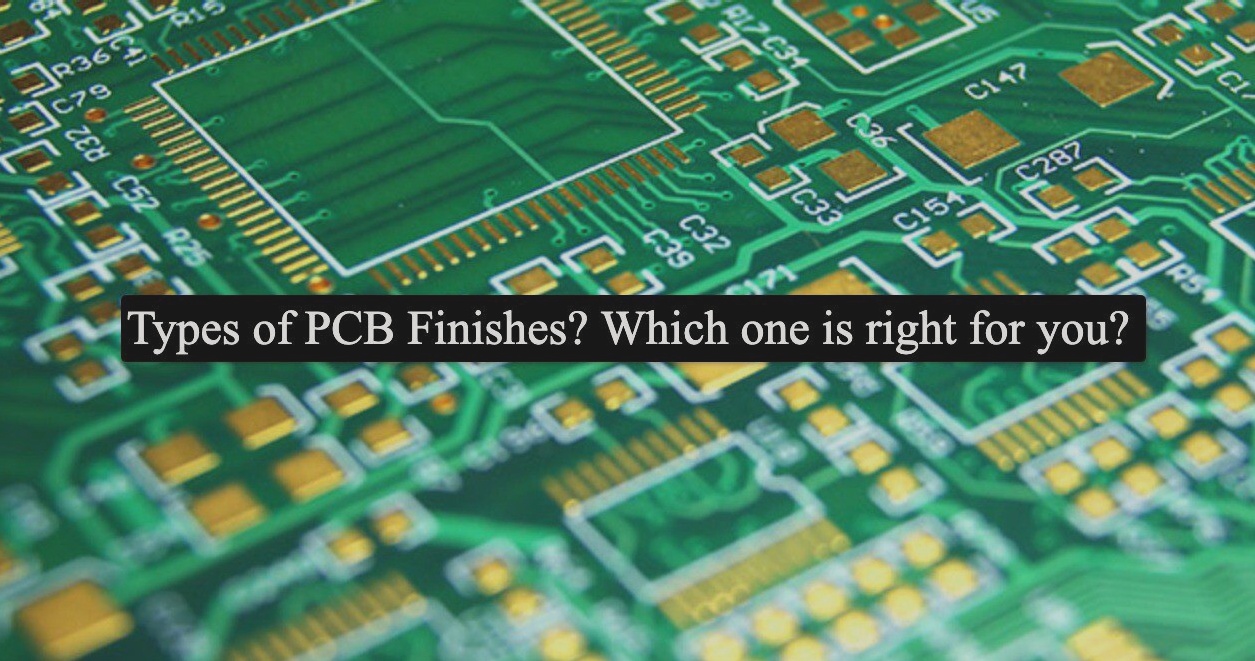The Evolution of Smart Home Appliance PCB Market
1. The innovation in the smart home appliance industry continues to drive PCB market demand, with controller solutions playing a crucial role in the smart evolution of home appliances.
Humanization in PCB Products
2. The concept of “humanization” is transforming PCB products in kitchen appliances and small household devices, enhancing user experience and convenience.
- Water heaters now feature designs that prioritize convenience, energy efficiency, and comfort.
- Induction cookers offer functions like appointment timing, heat preservation, and child locks for improved usability.
- Tea sets include features such as dry burn prevention and automatic water shutoff, elevating the tea-making experience.

Growth Potential of Smart Controllers
3. The intelligent controller industry for home appliances is witnessing significant growth potential, with smart controllers becoming increasingly prevalent in both large and small home appliances.
Emerging Trends in the Industry
4. In China, several smart home appliance controller companies are showcasing expertise in development, design, testing, and manufacturing, focusing on specific appliances or series to cater to the evolving market demands.
- Companies are specializing in inverter air-conditioning controllers and developing chips for emerging applications to expand their market share.
- Despite market fragmentation and competition, companies are continuously seeking new customers and developing innovative solutions.
Building Technical Advantages
5. The domestic appliance intelligent controller industry is in its early stages of development, with companies focusing on specific products to establish technical expertise and cater to customized requirements from home appliance manufacturers.
6. Smart PCB controller solution providers are cultivating long-term strategic partnerships with core customers, leading to the development of “core products” that drive innovation and stability in the industry.


